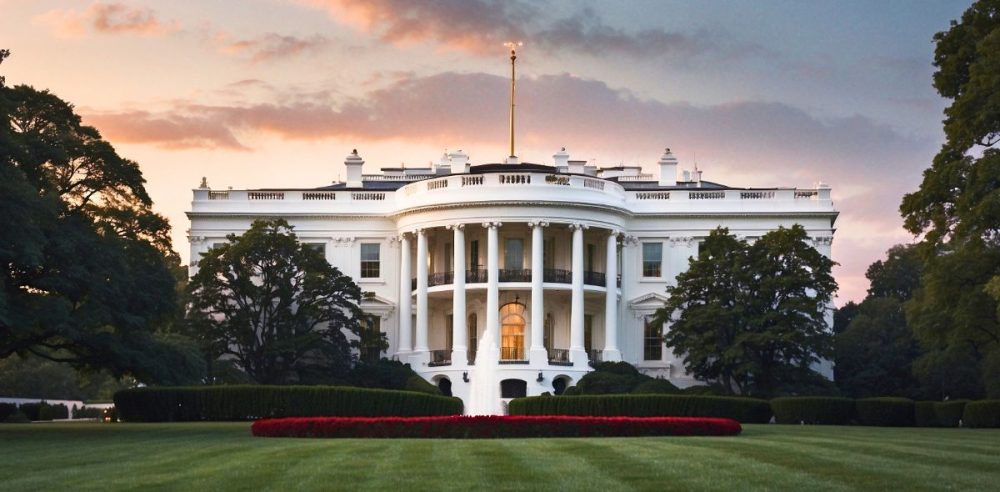A presidential pardon carries more weight than the flourish of a pen; it functions as both a legal absolution and a tacit moral statement. According to the landmark Supreme Court case Burdick v. United States (1915), accepting a pardon “carries an imputation of guilt and acceptance of a confession of it.”
This precedent clarifies that a pardon is not a magical exoneration but a legal acknowledgment of culpability. Thus, any recipient of a pardon who does not reject it implicitly admits to the very crimes the pardon forgives. This principle becomes especially pertinent in light of President Joe Biden’s recent pardons of five high-profile individuals—Dr. Anthony Fauci, General Mark Milley, Liz Cheney, Adam Kinzinger, and, most controversially, members of his own family.
In an extraordinary move, Biden issued last-minute pardons for his brothers James Biden and Francis W. Biden, sister-in-law Sara Biden, sister Valerie Biden Owens, and brother-in-law John T. Owens. In his statement, Biden emphasized, “The issuance of these pardons should not be mistaken as an acknowledgment that they engaged in any wrongdoing, nor should acceptance be misconstrued as an admission of guilt for any offense.” But this assertion stands in direct conflict with the Supreme Court’s unequivocal stance in Burdick. A pardon, legally and morally, cannot absolve without first implicating; it inherently signifies an acknowledgment of wrongdoing on the part of the recipient.
Moreover, Biden’s Department of Justice (DOJ) has further reinforced this interpretation in recent court filings. In December, the DOJ argued in federal court that “acceptance of a pardon requires a confession of guilt.” Citing Burdick, the filing declared that a pardon “carries an imputation of guilt; acceptance a confession of it,” adding that it “does not erase a judgment of conviction, or its underlying legal and factual findings.” These statements unequivocally validate the thesis that pardons inherently acknowledge guilt. This legal reality casts an even starker light on Biden’s actions, as his own administration’s position aligns with the broader understanding of a pardon’s implications.
By this standard, Biden’s family members, through their acceptance of these pardons, are tacitly admitting guilt. Whether this pertains to alleged financial improprieties, influence-peddling, or other undisclosed offenses remains uncertain. What is clear, however, is that this unprecedented act of clemency will fuel perceptions of corruption and self-serving governance—hallmarks of the very “swamp” Biden vowed to cleanse.
Dr. Anthony Fauci, lauded by some as the nation’s top pandemic expert and derided by others as the architect of one of the greatest public health crises in modern history, stands accused of serious offenses. Allegations of perjury before Congress and complicity in gain-of-function research, which may have unleashed COVID-19, are no mere political talking points. They strike at the heart of the American trust in science and governance. By accepting Biden’s pardon, Fauci admits, at least in principle, to having lied under oath—a charge tantamount to perjury—and to bearing responsibility for policies that critics argue caused widespread suffering and death. If Fauci truly believed in his innocence, rejecting the pardon would have been his best recourse to defend his legacy. Instead, his acceptance becomes an indelible mark on his career—a confession without words.
General Mark Milley, once hailed as a steadfast military leader, now faces accusations of betrayal at the highest levels. Critics allege that Milley’s unauthorized communications with Chinese military officials during the final months of the Trump administration amount to treason. Milley’s defenders frame his actions as prudent measures to prevent escalation, but such rationalizations crumble under the constitutional duty he swore to uphold. Accepting Biden’s pardon—without rejecting it outright—solidifies an implication of guilt. Moreover, the pardon does not shield Milley from administrative actions within the military. He could still face proceedings that might strip him of his rank and pension, as the military retains the authority to discipline actions that breach its code of conduct. For a military leader, this is not just a tarnished legacy but a grave betrayal of the very principles he was charged to defend.
Liz Cheney and Adam Kinzinger fashioned themselves as paragons of integrity during the January 6th investigations, but their methods—including allegations of witness tampering, obstruction of justice, and evidence destruction—reveal a darker narrative. A pardon granted to these figures cannot undo the damage their actions inflicted on public trust and institutional credibility. In the conservative imagination, their acceptance of pardons is tantamount to an admission that their moral crusades were built on the quicksand of procedural malfeasance and political vindictiveness.
The precedent set by Burdick v. United States leaves no room for ambiguity: accepting a pardon implies guilt. In granting clemency to Dr. Fauci, General Milley, Liz Cheney, Adam Kinzinger, and members of his own family, President Biden has not merely absolved these individuals of potential legal consequences but has also implicitly endorsed their guilt. Each recipient’s failure to reject the pardon confirms this moral and legal reality. If a pardon is both an absolution and an imputation of guilt, then Biden’s actions signal a disturbing willingness to trade accountability for political convenience. In doing so, the administration underscores the fragility of justice in an age when its greatest threat may come from within.
A. Muse is an entrepreneur and social media influencer.


